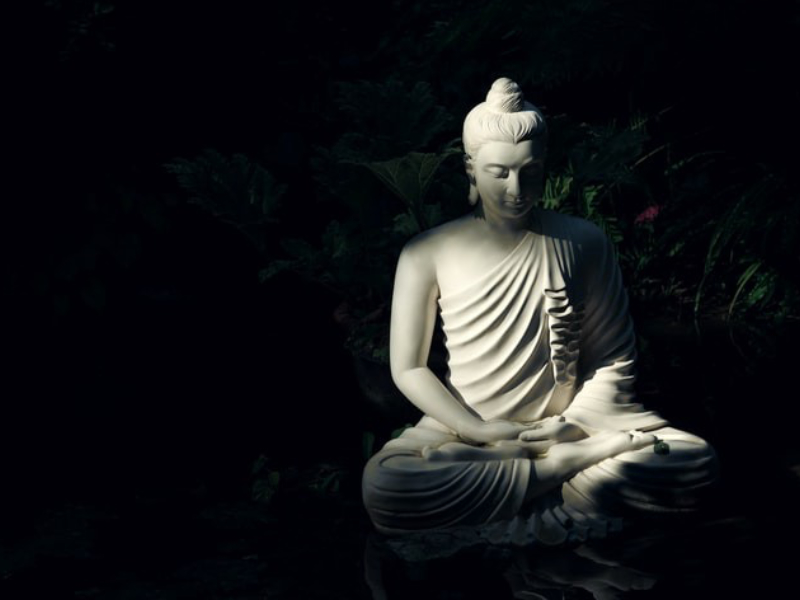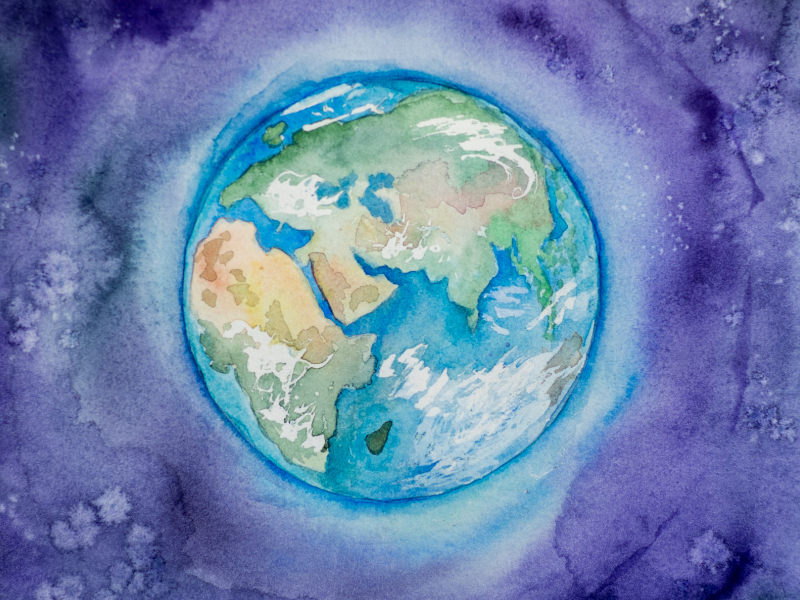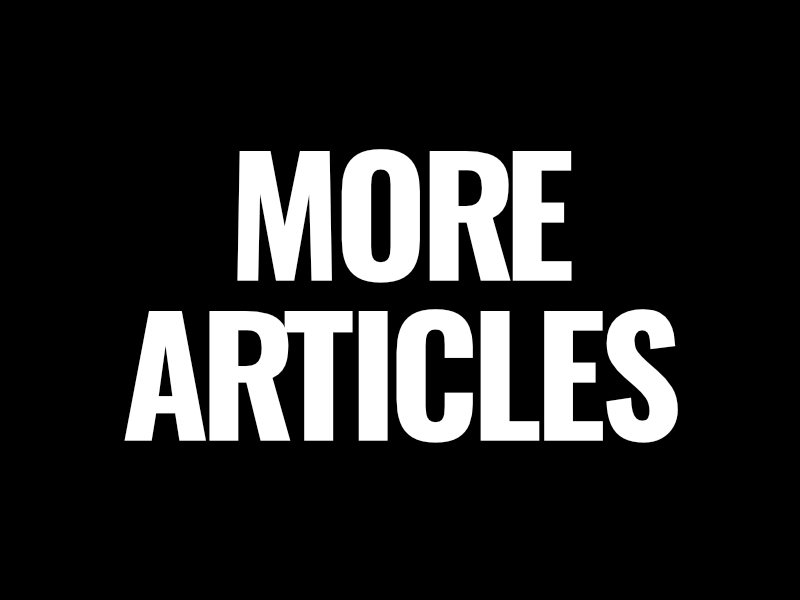The Morality of Harmony
– The Noble Eightfold Path | Training in Virtue –

OVER THE LAST FEW WEEKS, we’ve been exploring the Buddha’s Eightfold Path, which can be divided into three arenas of training — training in wisdom, virtue, and cognition. In the last episode, we finished our training in wisdom, which is composed of 1) exercises in thought or intention and 2) exercises in worldview or understanding.
Today, then, we will move into the second arena of training, training in virtue or morality, where we will work on choreographing our thoughts and understanding onto the world stage through our words and our bodies.
But before we jump into the details, let’s step back for a minute to get some perspective, to see how this arena of training fits into the greater context of the Buddha’s philosophy, and hopefully clear a potential misunderstanding.
Sila & Morality | A Caution of Translation
Because, with virtue, the focus is on doing and not doing certain things, it can seem dogmatic and authoritative, just another someone or something telling me how I should live my life. But to understand our training in this way would be misleading and incomplete.
Yes, there is a moral ‘code’ here, but the code is not a dogmatic prescription to action. It’s an aid or a toolkit to establish harmony in our lives, hearts, and minds. It’s a traveler’s guide to find freedom from suffering, to find lasting peace — the entire aim of the Buddha’s philosophy.
So, in order to see our training in a more honest and complete way, it may be useful to shine some light on the translation of the Pali word ‘sila’ into ‘morality.’ In English, ‘morality’ carries a historical and theistic context that doesn’t track well with Buddhism. It suggests a sense of obedience that is absent from the Buddhist concept of ‘sila.’
The Buddhist framework is non-theistic. It grounds its morality not in the ‘Word of God’ or in any other authority, but in harmony, in wholeness, in Love. Sometimes, the word ‘sila’ is even translated into ‘cooperation’ and ‘coordination’. Virtue or moral conduct, then, in the Buddhist frame, means to cooperate and live in harmony with Life, to live with love and care for the World and its creatures. And again, not out of dogma or authority but to purify the heart and mind, to become free from suffering, to find lasting peace.
There are no demands along this Path. Only invitations. ‘Come see for yourself,’ the Buddha says, ‘if establishing virtue allows your spiritual life to flourish. Come see if speaking and acting with love opens the heart and calms the mind. See if it brings about more concentration and wisdom. See for yourself if it leads onward to freedom.’
* * *
Okay, well let’s go ahead and move into the substance for today. Training in virtue, as I said, is about training our beings in the world. And the way we are able to show up in the world is through our words and our bodies. So, our training will consist of exercises in speech and action. And, because so much of our speech and actions are tied up with our careers, we will give our careers its own consideration.
Today, however, we will explore only our speech, which we will turn to now.
Virtuous Speech
There is a story about a wise master who was asked to heal a sick child through words of prayer. As the master began, a skeptic in the crowd yelled out, expressing doubts about such a superstitious way of healing. So, the master turned to the skeptic and said sharply, “You know nothing of healing, you ignorant fool!” The skeptic was very offended. He grew red in the face and shook with anger. And before he could gather himself to reply, the master spoke again, asking, “When one word has the power to make you hot and angry, why should not another word have the power to heal?”
Our words are powerful. They can be used to start wars, spark revolutions, or build nations. They can incite mobs to violence or gather thousands to march for peace. They can fill libraries with useful tools and knowledge, or they can flood our social media and news channels with fear, deception, and misinformation. They can bring us closer to our families, friends, and neighbors, or they can be used to tear us apart. The words we use matter. And their reach is vast, especially considering the tremendous increase in the means, speed, and range of communications in our modern world.
The words and the tone we use ripple through infinity. They condition our hearts and minds, our moods and emotions, our likes and dislikes. They condition our self, our stories, our identities, values, and aims. And these all bleed out into space and time, conditioning not only our own lives but our entire legacy.
How awake are you to the influence of words in your life? Are you aware of the motivations behind your speech? Do you use words to uplift yourself and others or to bring yourself and others down? Are your words full of hate, anger, and jealousy or are they full of love, care, and compassion? Do they spread truth, wisdom, and understanding or do they spread falsehood, ignorance, and delusion?
To help open us to our speech, the Buddha highlighted four elements of our speech to investigate, which are typically framed as abstentions, but I will reframe them as questions.
- Is your speech grounded in truth?
- Is your speech aimed at harmony?
- Is your speech accomplished with tenderness?
- Is your speech guided by wisdom?
What we’re really exploring here is the nobility of words. How do we find and stand up for the nobility of our language, our naming, our storytelling? How do we use speech to set us and others free? Today, let’s go ahead and explore in depth the first of these four elements — the truthfulness of our speech. And, in the next episode, we will finish exploring the rest.
True & Honest Speech
“Avoid false speech and abstain from it. Be devoted to truth. Speak the truth. Be reliable and worthy of people’s confidence, not dishonest or deceptive.” — The Buddha
When asked to condense my own philosophy into a few words, my reply is always the same: “Be honest.” Honesty is foundational. It is the ground of knowledge and being. It is a commitment to what is real. It is composed of the very essence of truth. So, in a way, honesty transcends morality, it even transcends our pursuit of freedom, because neither has a basis without it.
Wisdom too, which our practice seeks to cultivate, is impossible without a commitment to honesty. Because wisdom seeks the realization of truth, because its aim is to come into harmony with the way reality is, we must resolve to take a stand in reality. And we must make this resolve not only internally but also externally, with our speech and communication with others.
Before you speak, then, try making it a practice to ask yourself, “Is this true?” And don’t stop here. There’s too much hearsay and misinformation flooding our world to stop here. Ask the follow-up, “How do I know this is true?” This way you won’t add to the noise, confusion, distrust, and the damage it is causing across the world. Remove yourself from the problem. Be careful what you say or share on social media. Have a genuine sense of humility about what you know and don’t know. State your sources clearly, and when you don’t know whether something is true based on your own experience, be clear about that. The world is in dire need of honest and humble communicators.
Now, it’s worth pointing out that honesty goes beyond merely speaking the truth and refraining from speaking what is not true. Real honesty requires that we open to and see clearly the motivations and intentions behind our words (or their absence). William Blake wrote, “A truth told with bad intent beats all the lies you can invent.” And homie’s got a point — just because something is true is not, in itself, a reason to say it. We need to understand why we are saying it. We need to look at the shadows of our speech, at our motivations and their effects.
When we do, we start to see that depending on the motivating root, our false speech can take on different forms, and that each of these forms lead to specific consequences in our own hearts and minds as well as in the world.
When our speech is motivated by greed, for example, it can take the form of a lie, dressed in cleverness and deception. Our words become illusions, smoke and mirrors, aimed at self-gain. And when our false speech is motivated by hatred, this too can take the form of a lie, a lie armed with knives and daggers to hurt ourselves or others. But malice can also take the form of Blake’s intentionally hurtful truth, which is also dishonest since it comes not from the heart but from the fractured, isolated, and defensive ego. Finally, when our false speech stems from a place of delusion, it can take the form of an irrational or compulsive lie, a weird or interesting exaggeration, or a sarcastic comment or joke.
When false speech stems from delusion, the waters of the mind aren’t too unsettled. We may still be able to take the boat out to ski or wakeboard, and your friend might even still join you, but you’ll probably run into some small chops. And when your false speech comes from a place of genuine confusion or misunderstanding, you might glide smoothly along clear waters and be just fine or, randomly, you or your friend might hit a small log floating in the water, which sends you or your friend tumbling. That is, the untruth may hurt you or others, but the karmic fruit is typically not as unsavory as that of an intentional lie or omission.
When we are intentionally dishonest, however, the harmful consequences are usually much more substantial. Intentional dishonesty leads to great disharmony not only in our own hearts and minds but it poisons, corrodes, and disrupts our relationships, families, communities, politics, and institutions. When our words are deceitful and malicious, it almost always creates an atmosphere of distrust, fear, and isolation. Society begins to collapse because we can no longer trust our neighbors and news sources, our political leaders and institutions, or our medical and scientific authorities. Just take a look at the current state of our society.
Without truth, honesty, and trust, we are forced to live in a constant state of unease and worry. There is no peace or freedom.
“I’m not upset you lied to me. I’m upset that from now on I can’t believe you.” — Nietzsche
Really start to reflect on the consequences of false speech. Understand why it is important to speak with honesty and integrity. Consider how lying and false speech corrode your relationships, how they make our society and institutions inoperable. Consider how dishonesty undermines our ability to cooperate and support one another. Understand directly for yourself that to live together successfully we need an atmosphere of mutual trust.
I invite you to also reflect on the personal consequences of false speech. Consider the nature of your lies to proliferate. When you lie and someone suspects it, do you often find yourself doubling down? Do you feel the need to lie again and again to keep face, to paint a consistent picture of events? See for yourself how the process of lying repeats itself, how the lies continue to stretch, multiply, and connect until, as Bhikkhu Bodhi says, “they lock us into a cage of falsehoods from which it is difficult to escape.” Don’t become the victim of your own cleverness and deception.
And on the other side of this, see if honesty leads to more happiness and freedom. When you’ve embodied honesty, see if people tend to become attracted to you. See if they tend to confide in and value you. See if they tend to support you. Also, look inward and see if it makes you feel more at ease. See if it allows your heart to become soft, warm, and open. See if it brings more peace, space, and clarity to the mind. See if it enables you to grow more concentrated and focused, and if this allows more insight and wisdom to unfold. Experience and know for yourself the veil of joy that honesty drapes across the entirety of your being.
Conclusion
Honesty, when it is embodied, speaks volumes. It is a real treasure in this world. Become this treasure.
May you find lasting harmony and peace,
More Articles
“The Art of Bare Attention”
Today we’re going to talk about the ancient Buddhist practice vipassana, or insight meditation. Now, just to be clear, this is an entirely secular practice. It doesn’t require you to adopt any dogmatic beliefs…
“The Faceless Seer”
How do you hold your love? Do you hold her from stillness, with nowhere to go, with nothing to do? How do you hold your love? Do you hold her with acceptance, with open hands and arms, with unabashed…
“Everything Changes”
It’s no secret everything changes. Your experience this morning isn’t your experience now. Yet how many of us act like we really understand this? How often do we grasp onto the illusion of things…
“The Divine Connection”
How do you hold your love? Do you hold her from stillness, with nowhere to go, with nothing to do? How do you hold your love? Do you hold her with acceptance, with open hands and arms, with unabashed…






